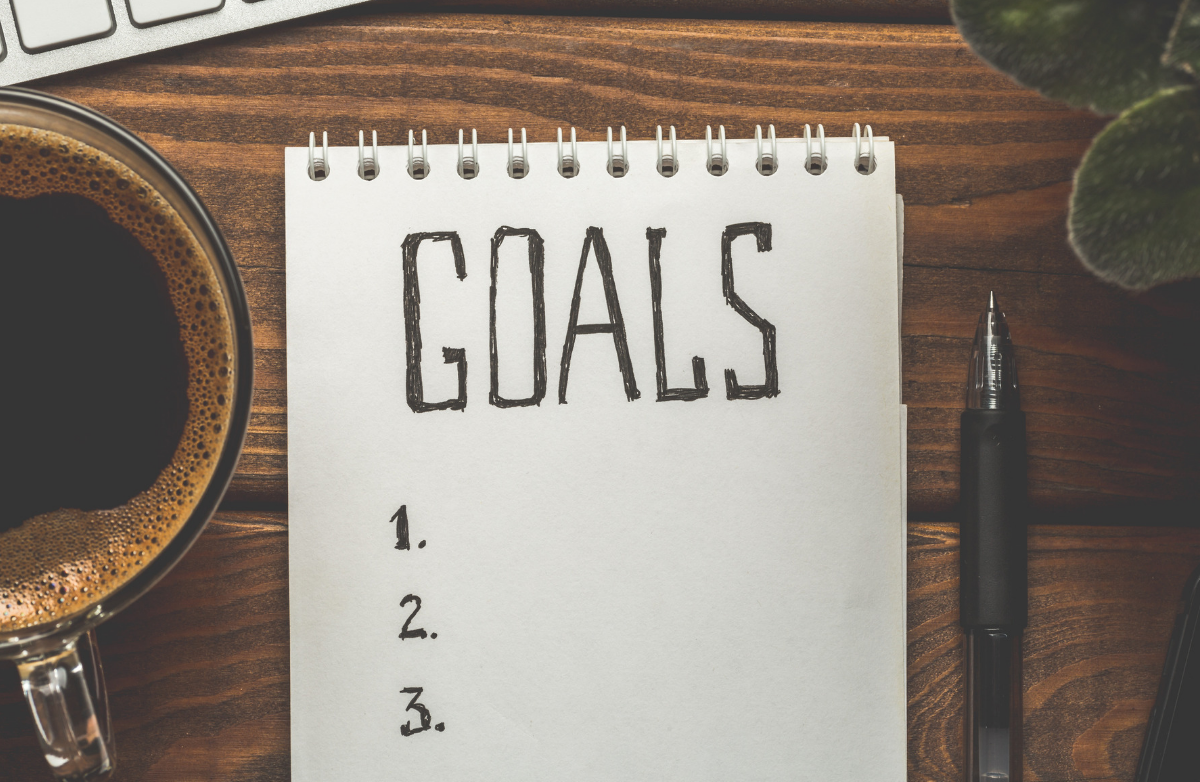
We all know what it's like to tackle a to-do list, only to feel like you accomplished nothing…again. And while it might seem like a consequence of poor focus and productivity, what if the lack of progress actually came down to your approach, rather than the tasks themselves?
Instead of constantly facing an endless checklist, take a moment to assess what you can realistically accomplish during a single day. This way, you can finally crush your to-do list and end the day feeling good about your progress. Start with these seven strategies recommended by mental health and productivity experts.
1. Prioritize the harder tasks.
It may be tempting to "productively procrastinate" and start with busy work, but this can backfire. The more you postpone tasks that seem tedious or challenging, the more they'll hang over your head, silently fueling anxiety. Plus, "getting harder tasks out of the way can help build momentum to complete other tasks," says Amy Nasamran, Ph.D., psychologist and founder of Atlas Psychology.
2. Simplify tasks.
On that note, when possible, break down bigger tasks into smaller steps you can take on one at a time. This will shift your focus away from the finished product, Nasamran explains, making the project feel more manageable. Moreover, it lets you easily fit the task into the time you have available, she says, instead of feeling like you need to do it all at once.
3. List actions, not goals.
Although listing goals can guide your progress, open-ended goals can make your to-do list feel infinite. "When a goal is open ended, like 'work on data report,' the expectation we set for ourselves isn't clear," explains Nasamran. Essentially, you can write the first page and technically check off your "to do," but still feel like you got nothing done because the report isn't fully completed, she says. This can further enhance stress, as you'll focus on what you need to do versus what you finished.
The solution? Make your tasks intentional and measurable, suggests Nasamran. This will help you "celebrate accomplishments instead of thinking about things that still need to be done."
4. Learn how to say "no."
Be honest with yourself before making a commitment. If it's not urgent, or if you don't have the time or energy, saying no is one of the best things you can do for your well-being. Getting comfortable with saying "no" establishes your boundaries, allowing you to maintain productivity and focus on what's most essential.
By the way: Saying "no" isn't the only way to set boundaries. If you want to commit but the timing isn't right, say no and offer an alternative date or time. This lets you follow through while respecting your mental and physical gas tank.
5. Add breaks to your to-do list.
"Our brains can only focus intensely for so long, even within a flow state," explains Hinojosa. That said, letting your brain "rest and refocus allows you to be more productive and avoid stress." This can be as simple as taking a 10-minute break to stretch or walk around the block. To practice this strategy, Hinojosa suggests observing how long your brain can stay focused, plus how often you need breaks to feel refreshed. From there, use these timeframes to batch-schedule tasks around small breaks.
6. Establish the end.
In the moment, it may seem more productive to keep plugging along. However, this will only blur that finish line mentioned above, further fueling the feeling like you got nothing done. So instead of adding even more tasks, try to leave the list as-is. Consider using that time to reflect on the day or unwind, which will further boost your ability to address tomorrow's tasks.
If you're used to plunging into endless to-do lists, it may feel strange to adopt these strategies. Start by practicing them one at a time, noting any positive changes in your productivity and mental wellness. In time, these strategies can help improve your relationship with to-do lists, both personally and professionally.













